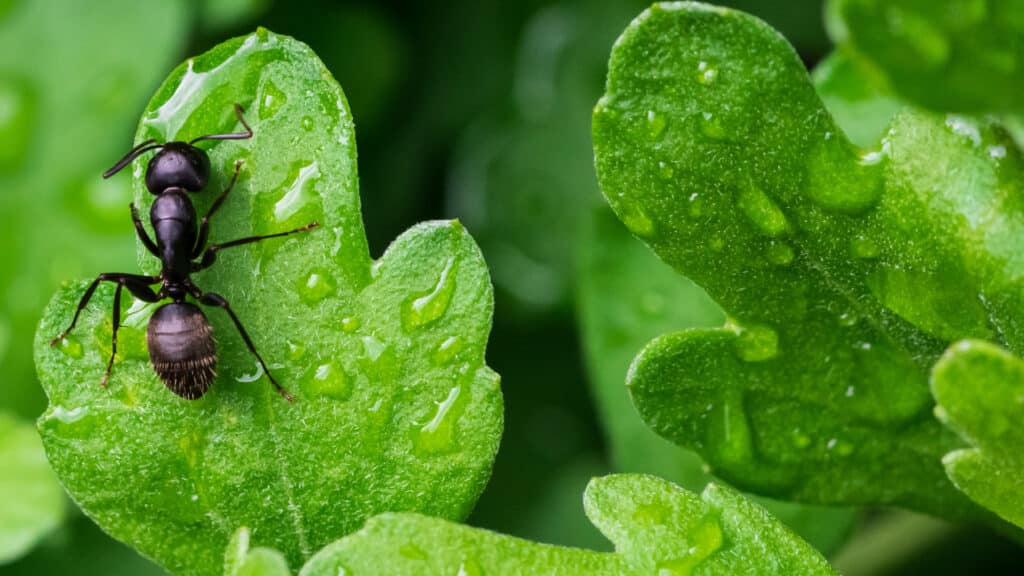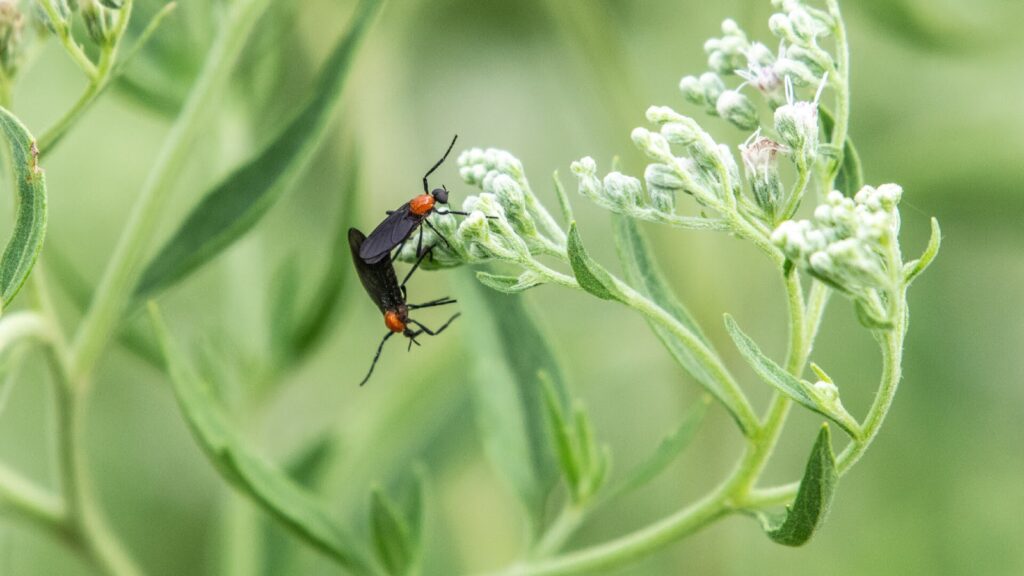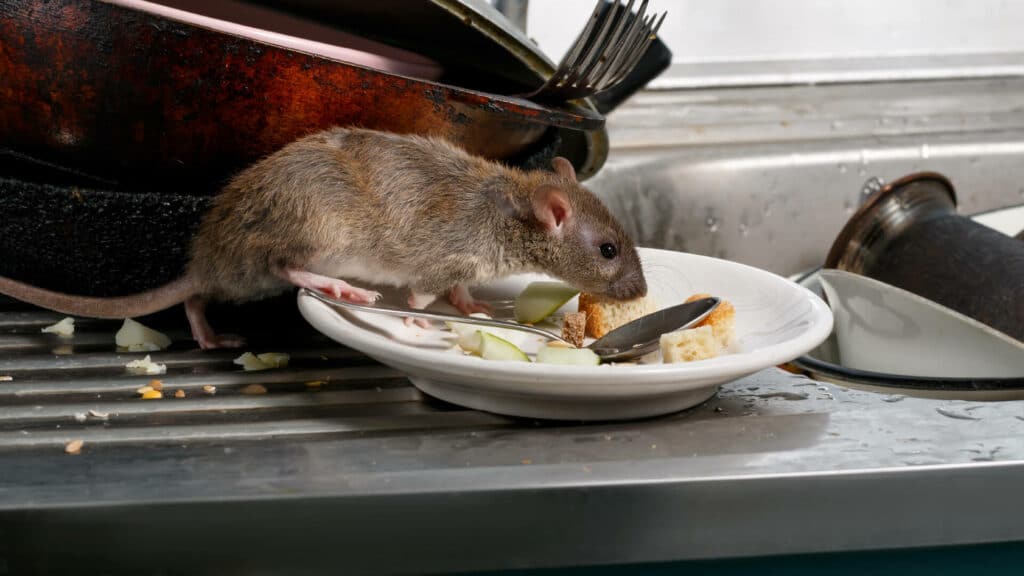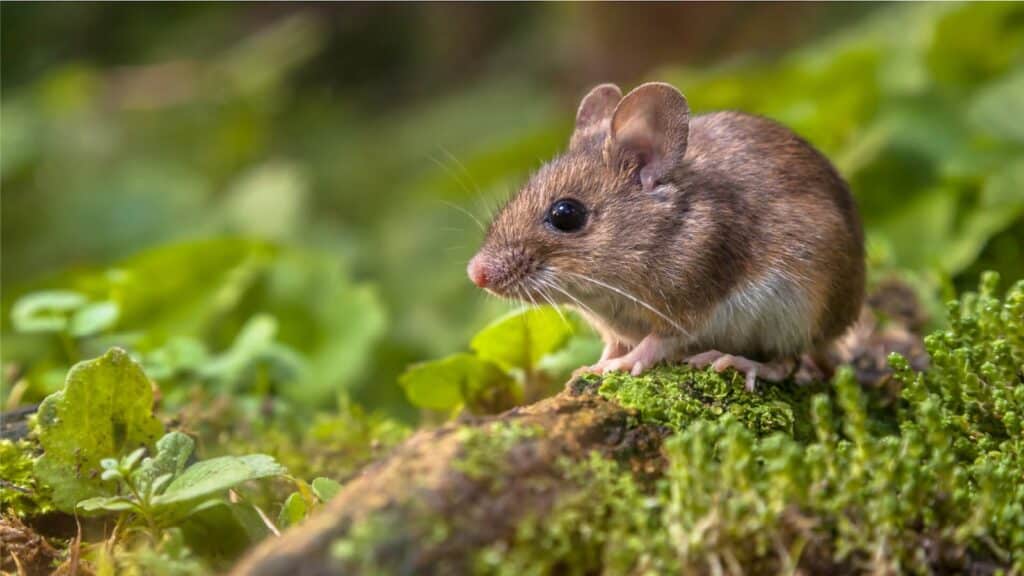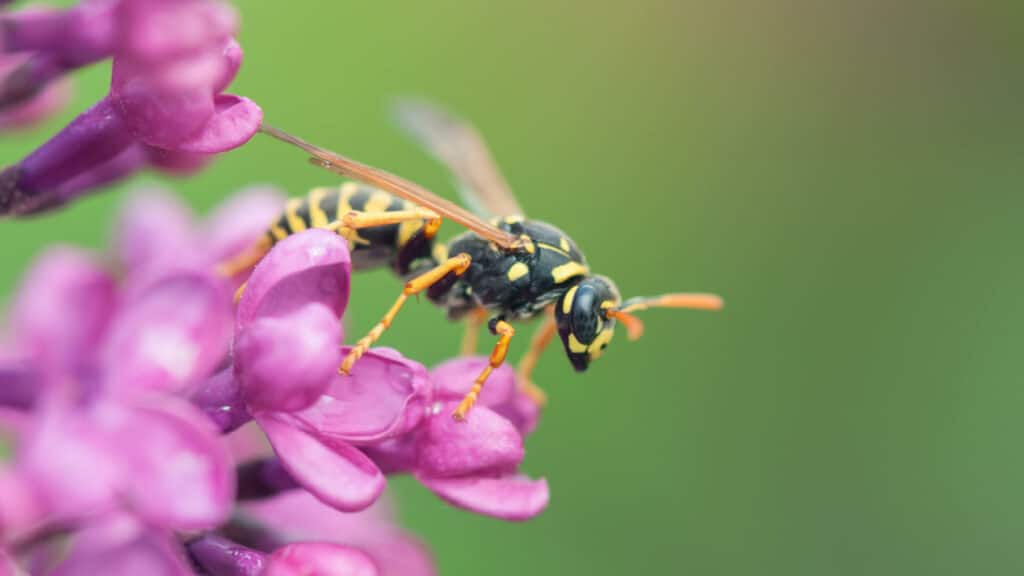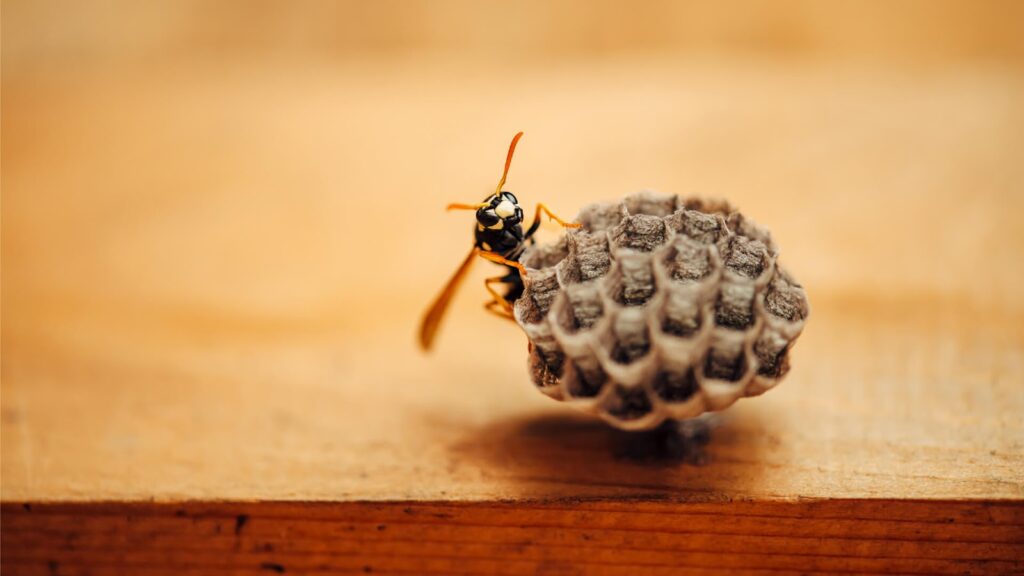Have you heard that daddy longlegs are one of the most venomous types of spiders, and the only reason humans aren’t in danger is because their fangs are too short to puncture our skin? If you have, you are definitely not alone. This common tale has been passed down over many years and has probably caused much fear in a lot of people, especially those with a bad case of arachnophobia. However, we think that it is time to set the facts straight about daddy longlegs. That way, you can stop living in fear every time you see a daddy longlegs in your home.
Different daddy longlegs
Before we get into a daddy longlegs' venomous nature, it is important to note that there are actually two types of animals commonly referred to as “daddy longlegs.” The first type, and most correct use of the name “daddy longlegs,” is the opilionid arachnid. Despite having eight long legs, opilionids aren’t spiders at all. They have two eyes rather than eight and do not produce silk. In addition to the name “daddy longlegs,” these arachnids are also called “harvestmen” and “opilionids.” They can be found in moist, dark places and eat decomposing plant and animal matter. Because they tend to hide under logs and rocks, you aren’t very likely to come across this type of daddy longlegs unless you are looking for them.
The other type, and most common use of the name "daddy longlegs," is the pholcid spider. Pholcids are true spiders. As a result, you should actually refer to them as “daddy longlegs spiders.” Like opilionids, the pholcid spider has eight long legs and a small body. Daddy longlegs spiders make webs out of silk and are commonly found in cellars and other areas of the home such as dark corners and closets.
Daddy longlegs: facts and fiction
Since there are two different animals referred to as “daddy longlegs,” you may be wondering whether the myth applies to one, both, or neither of these animals. Given that pholcids are commonly seen in homes, and opilionids are found outside under logs and other debris, the myth most likely refers to pholcids.
Pholcids, or daddy longlegs spiders, are actually venomous. As for their fangs, the daddy longlegs spider has fangs that are similar to the fangs of the brown recluse. This means that they could penetrate human skin in theory. However, it is extremely rare for them to bite people. In fact, it is so rare for them to bite, that scientists haven’t actually dedicated time to research how a bite could affect a human. In the rare case you do get bit by a daddy longlegs spider, you probably won’t feel much other than a faint, burning sensation that only last a few seconds. In other words, there is no reason to be scared of these spiders. In fact, they are probably much more scared of you.
As for opilionids, or harvestmen, you don't need to be afraid of them at all. Opilionids have no venom or fangs. Thus, when it comes to these critters, the myth is totally false.
How Aptive Environmental can help
If the thought of having daddy longlegs in your home still makes you uncomfortable, Aptive Environmental can help. Our service plans provide a professional solution that keeps your indoor environment protected from spiders through effective treatments. Service begins with a thorough inspection of your property by a certified pest specialist. Your specialist will identify any risk areas and treat your home using a customized protection plan that keeps your property protected from spiders year-round.
After our first visit, an Aptive professional will return the following month to rid the exterior of any surviving spiders and continue to treat your home. We know that for many homeowners, it’s not if the pests will return, but when. When spiders come back, we do too – at no additional cost.
Remove the stress of dealing with spiders and having to store and apply pesticides inside your home. Use a professional you can trust. Call Aptive Environmental today to schedule your service.
